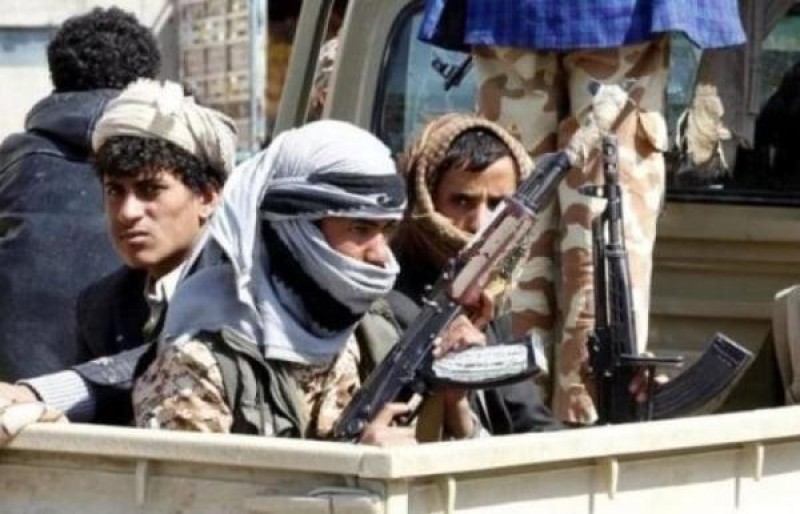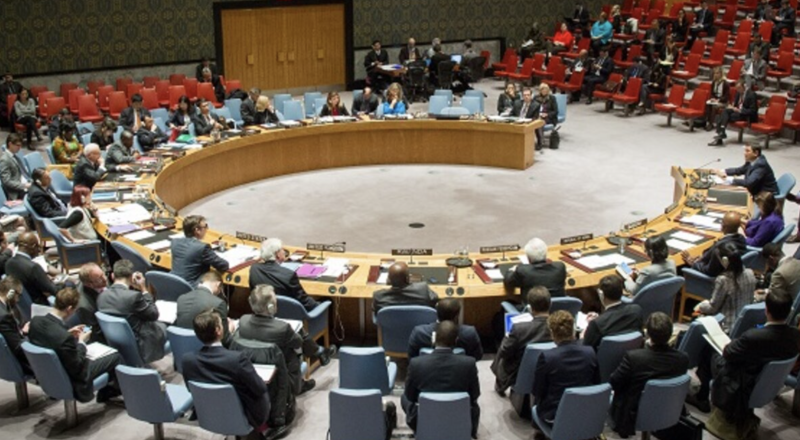The news from Yemen is terrible — let’s focus on what can be achieved


The author is the National Intelligence Fellow at the Council on Foreign Relations and the former acting director of national intelligence. Though the author is an employee of the U.S. government on a sponsored fellowship, all opinions are those of the author and do not reflect the views of the U.S. government.
Those of us who follow the Middle East have a saying: The situation is likely to get worse before it gets even worse. Sadly, that perfectly describes the conflict in Yemen. Three years since Houthi rebels seized Sanaa, the capital, and two years since the launch of a Saudi-led campaign to restore former president Abed Rabbo Mansour Hadi’s government to power, the conflict grinds away with no end in sight. In fact, despite U.N. reports of nearly 10,000 deaths and more than 40,000 wounded since the conflict began, there have been no major shifts in the battle lines for nearly a year.
At this point, it’s clear that a broad peace settlement is not on the horizon. By all indications, neither the Houthis nor the pro-Hadi coalition believe they are losing, even if both realize that they are a long way from outright victory. Both sides also have external backers (Iran for the Houthis and the Saudis for Hadi) that view Yemen as ground zero in their larger regional struggle for influence. This makes it unlikely — despite recent media reports suggesting Saudi interest in seeking a way out of the conflict — that either will abandon the field anytime soon.
Further complicating the prospects of a broader settlement is the internecine fighting that erupted last week in Sanaa between the Houthi rebels and their key ally, former Yemeni president Ali Abdullah Saleh. An exchange of gunfire between the sides occurred when Houthi fighters tried to set up a checkpoint near the home of Saleh’s son, leaving at least two people dead. It will be even more difficult to achieve peace between the warring parties if there is internal fighting within them.
But even if the conflict shows no signs of exhausting itself, the United States and the international community cannot ignore the fact that the humanitarian and security risks are growing. More than 10 million people require immediate assistance, with 17 million of the country’s approximately 25 million citizens lacking food.
As of this week, health agencies had already recorded more than 540,000 cholera cases and nearly 2,000 associated deaths in Yemen, scattered throughout every part of the country. And given the collapse of the country’s historically fragile institutions and the inability of relief workers to reach many parts of the countryside, it’s a safe bet that the scale of the health and food crisis is actually worse than reported.
If that weren’t bad enough, the war is generating a series of new and ominous security threats to the region at large. In recent months, the Houthis have launched a series of missiles into Saudi Arabia, including one that the group claimed targeted an important oil facility. Houthi missiles and speed boats also threaten the strategically important Bab-al-Mandeb Strait, through nearly all maritime trade between Europe and Asia passes. Last year that trade alone totaled about $700 billion.
The longer the conflict drags on, the greater the likelihood that a major attack will occur within Saudi Arabia or against U.S. military forces operating in the region. And let’s not forget the thousands of al-Qaeda and Islamic State fighters, who are undoubtedly using the turmoil to recruit, train and plot operations.
Yet the international community has not exhausted all its options. Realistically, the best that can likely be achieved for now is a series of internationally brokered local cease-fires (perhaps mediated by a credible regional interlocutor such as Oman) and an easing of restrictions on humanitarian aid flowing into the country. Plans to give operational control of the key Red Sea port of Hudaydah, currently controlled by the Houthis, to the United Nations would greatly facilitate the flow of critical humanitarian aid into the country.
The Houthis will want assurances that U.N. control would not provide cover for a Saudi-led coalition operation to seize control of the port. A similar agreement to reopen the country’s main airports — the Saudis control the airspace over Yemen — would also dramatically increase the flow of relief aid into the country. And U.S. and U.N. diplomats might also consider formulating a new basis for talks between the warring parties. The Houthis view parts of U.N. Resolution 2216 (passed unanimously in 2015) as a non-starter, especially because of its demands that they withdraw from territory.
On the security front, U.S. policymakers will want to balance our targeting of al-Qaeda and Islamic State fighters (the U.S. has launched more than 80 strikes in Yemen since February) with legitimate international concerns about civilian casualties from the conflict, particularly from the Saudi-led air campaign. The United States has a clear interest not only in supporting the kingdom’s legitimate self-defense requirements and in checking Iran’s regional meddling but also in limiting the damage to both civilians and infrastructure, and in finding a diplomatic way out of a situation that is a catastrophe for the people of Yemen and the international community. Meanwhile, the longer the war goes on, the more damage it will cause to America’s image internationally, since our military support to the Saudi air campaign is being blamed for exacerbating Yemen’s humanitarian nightmare.
The sad irony of the conflict is that each of the warring parties appears to believe that time is on their side. As far as the people of Yemen are concerned, though, time is running out. WP

Aden — Southern Transitional Council (STC) President Aidarous Al-Zubaidi called on national forces in northern Yemen to unify their ranks and…

Sana’a — Security units affiliated with the Houthi movement carried out a raid targeting one of the most prominent military figures fro…

New York — The United Nations Security Council (UNSC) is set to convene on Wednesday at 10:00 a.m. New York time (6:00 p.m. Yemen time) for i…